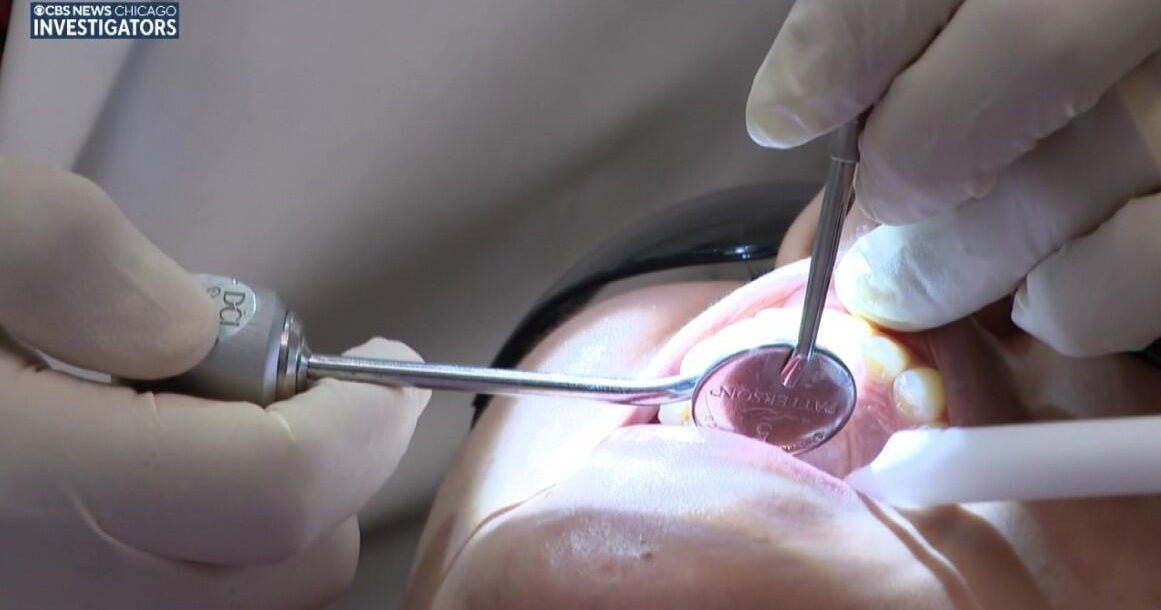Number of babies born pre-term in Illinois has been on the rise for years
CHICAGO (CBS) -- Illinois has some homework to do after getting a D+ on a report card.
The report card in question grades the state on the number of babies born pre-term. As CBS 2 Investigator Megan Hickey reported Thursday, this is a serious problem that has been getting worse for years.
Almost 11 percent of babies in Illinois are born too early – and that number has been ticking up slowly since 2011. We wanted to know why – and what can be done to fix it?
"Illinois is not faring so well, according to our latest report card," said Kelly Hubbard, a Springfield-based policy analyst for the March of Dimes.
Indeed the state is not. For premature births, we went from a C+ in the last report to a D+ this time, according to Hubbard.
The rate of babies being born too early is higher in Illinois than the average for the rest of the country.
Cook County and Chicago's specific stats remained that same this year. (MAP)
The problem in Lake, Will, and Kane counties got worse.
"Illinois's maternity care deserts - or areas where women are not able to access care - are increasing, and I think that was also exacerbated by the COVID-19 pandemic," Hubbard said.
Hubbard says pregnant women who had COVID-19 were 40 percent more likely to have a pre-term birth. But the research on the long-term impacts has been mixed.
"In our fairly large study, we didn't see a difference in the rates of pre-term birth, so that can't be the only driver," said Dr. Cynthia Gyamfi-Bannerman.
Dr. Gyamfi-Bannerman has spent years researching the problem at the University of California, San Diego. She said COVID did impact the way women access care – and there is also a big racial disparity here in Illinois.
A total of 14.9 percent of all babies born to Black women last year were pre-term – a rate significantly higher than other groups.
The disparity widened in 2021.
"That's very frustrating for us - and for me especially as a Black woman," said Gyamfi-Bannerman. "Race really is just a social description and it's not biological in any way in the influence – and so it's almost a proxy towards potential racism."
So how do we fix it? Hubbard says policy-wise, Illinois is actually doing everything it should be.
"But it comes down to making sure that we have hospitals and labor and delivery units available to all; that we aren't prohibiting certain communities from getting the quality care that everyone deserves," she said.
In another interesting finding, more moms had C-sections in 2021. It jumped nearly a full percentage point nationwide – meaning nearly one third of all babies were born via C-section.







